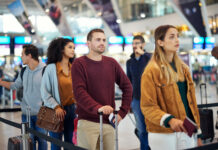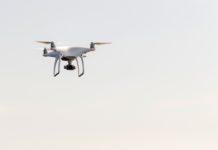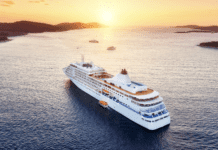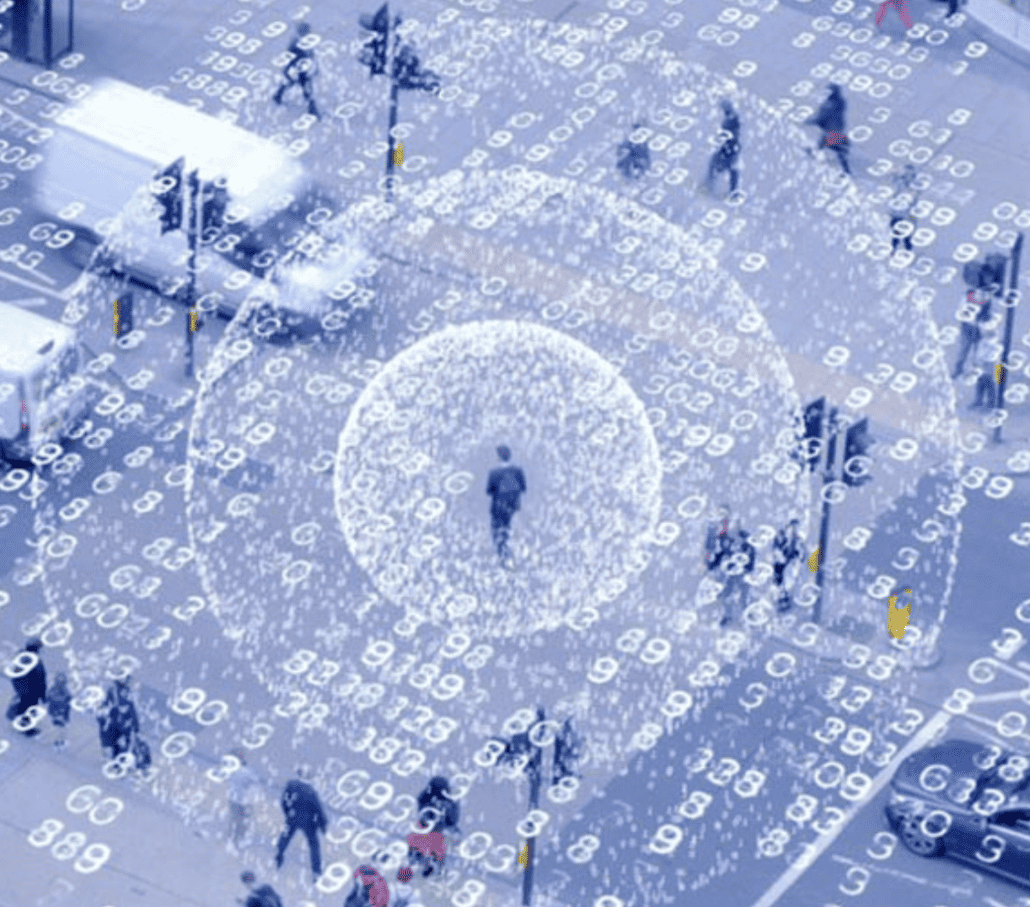
In a year when there have so far been more mass shootings than days (202 as of this writing), meeting organizers are on higher alert than ever to the risks inherent in group gatherings.
As Steve Jones, Global Chairman and CEO of security services, systems and solutions firm Allied Universal said, “Anytime you get a large group of people together, depending on the facility, there’s going to be vulnerabilities.” The good news is that, since most B2B meetings and events carefully control access to registered attendees, they already are dramatically reducing the risk of a potential human-caused security risk, he added.
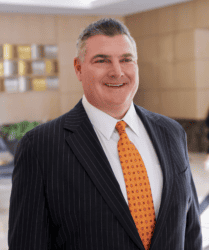
“The main risk is when you have an open environment, when you don’t know who’s coming or going. So meetings at a convention center or hotel are already ahead due to the controlled access,” he said. However, depending on the group and the topic, the risk could be elevated. “You have to take into account the environment in which conference is taking place and what that conference is about. These will factor into the determination of your security threats.”
Ty Richmond, Allied Universal’s President, Integrated Security Solutions, added, “As the security provider for the largest convention centers in the country, we see how the risk exposure is driven by the type of event that’s occurring in the facility. It could be a very high-profile jewelry convention or a political convention, for example — the nature of the group really drives the risk, and also dictates the solutions needed to address vulnerabilities,” he said.
“Beyond the basic access control, many of our customers want to understand, weeks in advance, what the social media chatter and other intelligence is relative to the event. What information is out in the public? Are there any people that are targeting the convention? If it’s a controversial event for whatever reason, you need to understand what’s happening in the community and in society relative to their event.”
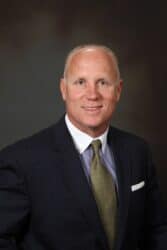
Another factor to consider is whether and how you need to enhance and expand that basic fundamental access control. Do you need security officers, or will photo ID or badge entry into the facility suffice?
That’s where additional measures to detect weapons and other higher risk potentials come into play, said Richmond. “Do you need video surveillance or other technology components that could augment or integrate with the labor force and the security officer cadre that’s deploying? That’s when you start looking at a broader array of services and solutions that you might need based on the type of event and on the exposure and vulnerability you have,” Richmond said.
It’s important for the event organizer to sit down with their security provider proactively. United Allied works weeks in advance to identify event details and potential issues and concerns, including anything relevant from the group’s history. “That allows us to understand perspective and insights and their own view on their vulnerability,” said Richmond. “And that allows us then to start working with the convention center itself and their customer to design and deploy whatever kind of solution that that would require.”
While history is important, threats are constantly changing, he added. For example, the oil and gas industry may today come under threat from environmental groups that would like to disrupt the meeting. And there’s always the national Democratic and Republican political conventions coming up, which will both be subject to elevated levels of risk, he added.
Allied has a dedicated center that monitors threats, including those arising on the dark web, said Jones. Weapon-detection systems are increasingly in demand, but the firm’s biggest request lately is for its team of more than 3,000 security canines and handlers. While the canines have been in regular use at clients in the aerospace and defense industries, as well as the State Department, embassies around the world, the Post Office and airports, demand is increasing for their deployment for meetings and events.
Canines “provide a show of force right when people walk up to the entrance,” said Jones. But not everyone needs to call in the dogs. The security needs are always tailored to the specific event and host organization, he added. “That’s Ty and his team do every day — design a security program to meet the needs of that specific conference or event.”
You May Also Be Interested In…
Safety 101: Risk Management Advice From a Pro
Destinations International to Offer Event Cancellation Insurance
Cybersecurity: How Cyber-safe Is Your Event?



